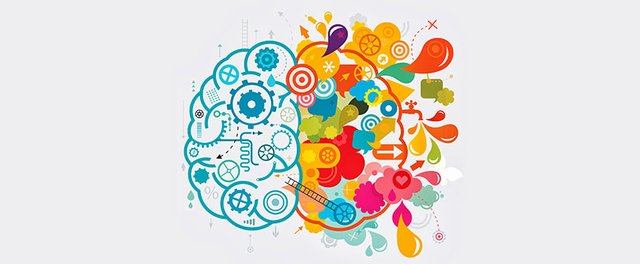Want to improve your Critical Thinking? Check Out This Simple 5 Step Method
Every day a sea of decisions stretches before us. Some decisions are small and unimportant but others have a larger impact on our lives. Examples include a person trying to interpret their angry friend or colleagues needs, a teacher or mentor coming up with a unique way to instil a new concept, or a country of people deciding on who to vote for in the upcoming election, among countless other decision we are continually faced with. We are bombarded with so many decisions that it is impossible to make a perfect choice every time, but there are many wags to improve our chances.
One particularly effective technique is to use Critical Thinking
Critical thinking is a way of approaching questions which allows us to carefully deconstruct a situation, reveal it’s hidden issue such as bias and manipulation, and make the best decision. If the critical part feels negative, it’s because it is. A person who uses critical thinking subjects all available options to scrutiny and skepticism. Using the tools at their disposal they will remove everything except the most useful and reliable information.
There are many ways to improve critical thinking, but here’s one 5 step process that may help you solve any number of problems.
1. Formulate your questions.
To put it another way, know what you are looking for. This isn’t always as simple and straight forward as it sounds. For example, in the upcoming election what is really important to you. What does the candidate really need to posses that would make you vote for them. If you approach the situation with a clear view of what you are actually trying to accomplish by doing your thing. That will equip you to sift through this information critically and find what you are looking for, and decide if what you are really doing suits your particular needs.
2. Gather your information.
There’s lots of it out there, so having a clear idea of your questions, will help you determine what is relevant. If you are trying to decide on something, you might ask an expert for advice, or seek other peoples testimonies. Information gathering lets you analyze different options, moving you closer to a decision that suits your goal.
3. Apply your information.
Something that you do by asking critical questions. Facing a decision, ask yourself, what concepts are at work here? What assumptions exist? Is my interpretation of the information logically sound? For example, if deciding that climate change was an important issue for you, use your information that you gathered to determine which candidate might be able to best suit that need. This could mean examining news sources, speaking with friends, listening to others opinions, or various other methods.
4. Consider the implications.
If you sell some of your portfolio today it would free funds to invest in other things, say Ethereum, but you might be missing out on gains in your current asset holdings were you to hold rather than sell. By applying your gathered information on the current decision will allow you to see both negatives and positives of different outcomes.
5. Explore other points of view.
Ask yourself what other opinions or ideas about the current decision exist. Why do other people have a different opinion? Exploring their viewpoints will allow you to explore alternatives and evaluate your own choices and ultimately help you make more informed decisions.
This 5 step process is just one tool of many, and it certainly won’t eradicate difficult decisions from our lives, but it can help us increase the number of positive choices we make.
In short, critical thinking can give us the tools to sift through the sea of information and find what we are looking for. If enough of us use it it has the power to make the world a more reasonable place.
